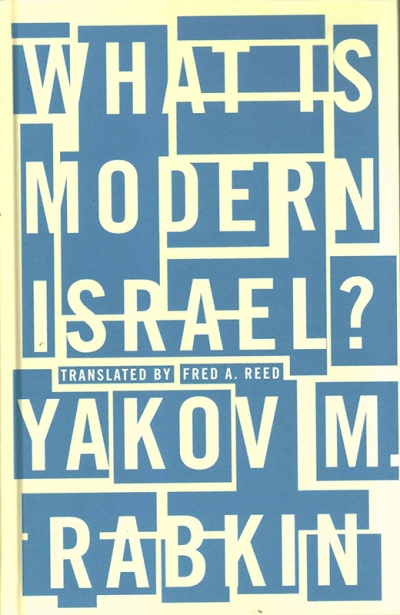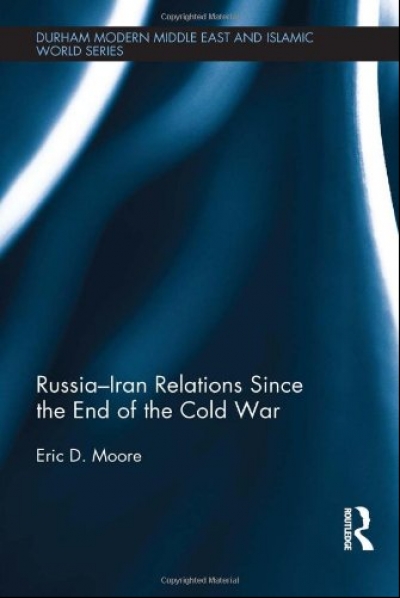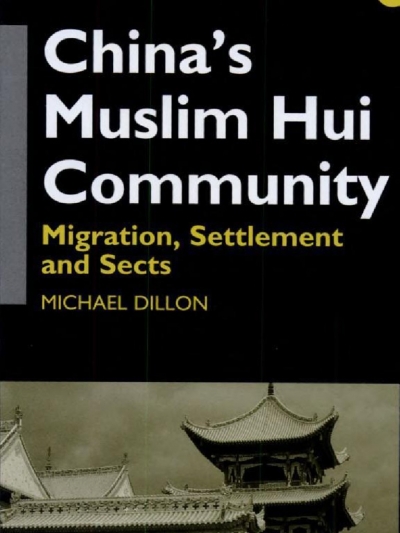



Afghans will observe another grim anniversary in their long ordeal with foreign occupiers: the Soviet invasion of Afghanistan 40 years ago. Today another self-proclaimed superpower is about to bite the bullet in the landlocked country.
Without Soviet power, Communism in Eastern Europe has slipped into crude nationalism bringing people to power with clearly fascist tendencies.
History offers lessons in how to confront—and defeat—imperialism and Zionism.
The Afghan mujahideen’s defeat of the Soviet army in Afghanistan resulted not only in collapse of the Soviet Union and the end of communism but also brought radically changes in global politics.
Living a ghettoized existence in the Soviet Union, the Zionist Jews recreated the same ghetto in Occupied Palestine that they named Israel.
Whatever the West touches, it destroys. Somalia, Sudan and Ethiopia show the evidence of Western meddling and aggression.
The people of Afghanistan have not witnessed a single day of peace since the April 27, 1978 coup against the government of Sardar Mohammad Daud. Millions have perished or made refugees over the years.
A meeting in Toronto on November 5, 2016, commemorated the July 8 tragic killing of young resistance leader, Burhan Wani. He was 22 when shot and killed by Indian occupation forces in a remote village. Two of his colleagues were also killed in the late night raid.
3This is the second part of Zafar Bangash’s article on “change”; the first part was published in the October 2016 issue of Crescent International, concluding with outlining some of the qualities of muttaqi leadership.
3President Erdogan’s policies are leading toward facilitating the establishment of the Kurdish State in Northern Iraq while he thinks he is undermining the Kurds in Syria and Turkey.
1Russian-Iranian relations form the backdrop of this review in which Western writers are found to lack understanding of other societies because they have little knowledge of local languages, culture or access to primary sources. Dmitry Shlapentokh, associate professor at Indiana State University, South Bend, Indiana, reviews Russia-Iran Relations Since the End of the Cold War by Eric D. Moore (Routledge, 2014; 242 pp., $8.84 hbk).
(One of the Muslim countries with a tense political situation and an emerging Islamic identity which is not being covered by the corporate media is Azerbaijan Republic. In order to acquaint the Muslim Ummah with the situation in Azerbaijan, 5Pillarz conducted an interview with Maksud Djavadov, who is a researcher for the Toronto-based Institute of Contemporary Islamic Thought (ICIT) and a journalist for ICIT’s publication, Crescent International, specializing in covering the Muslim countries of the former USSR.)
On a visit to a Muslim country in 1990, a young journalist called me in my hotel room. Excited about the end of the Cold War and the peace dividend that was about to break out, he wanted my opinion on the subject.
While political elites in Central Asia, Russia and the West try to outwit each other and benefit from the revolt in Kyrgyzstan, the people of the former Soviet Union are studying the Kyrgyz revolt from a different perspective: to emulate it...
Since Russia considers the Caucasus as its soft underbelly from where it might begin to unravel, any Zionist influence on events in the Caucasus will increase Israel’s bargaining power whenever it wants Russia to implement pro-Zionist policies. As cooperation between Iran and Russia increases, it seems Israel will also attempt to increase its influence even beyond Georgia in order to have greater leverage against Russia...
Delivering democracy has become the all-purpose justification for every crime perpetrated by Western governments against other people...
China's Muslim Hui Community: Migration, Settlement and Sects by Michael Dillon. Pub: Curzon Press, Richmond, UK, 1999. Pp: 208. Hbk: UK40.00.
Within a period of less than 30 years, Muslims have consigned one superpower—the Soviet Union—to the dustbin of history and are about to deliver the other—the US—to the same fate, together with its regional surrogate, Israel. The achievements against the US are particularly remarkable because the mujahideen have had little or no external help.




